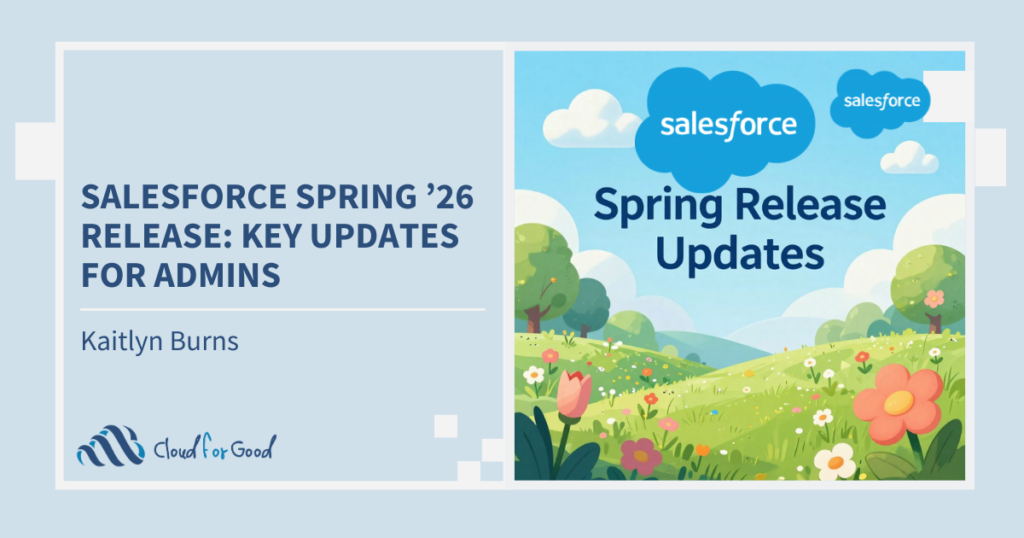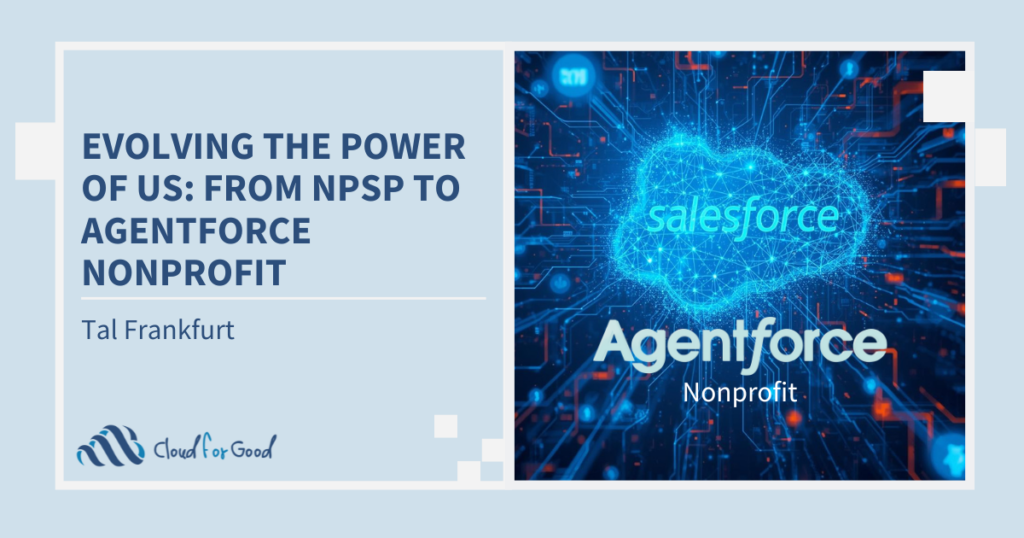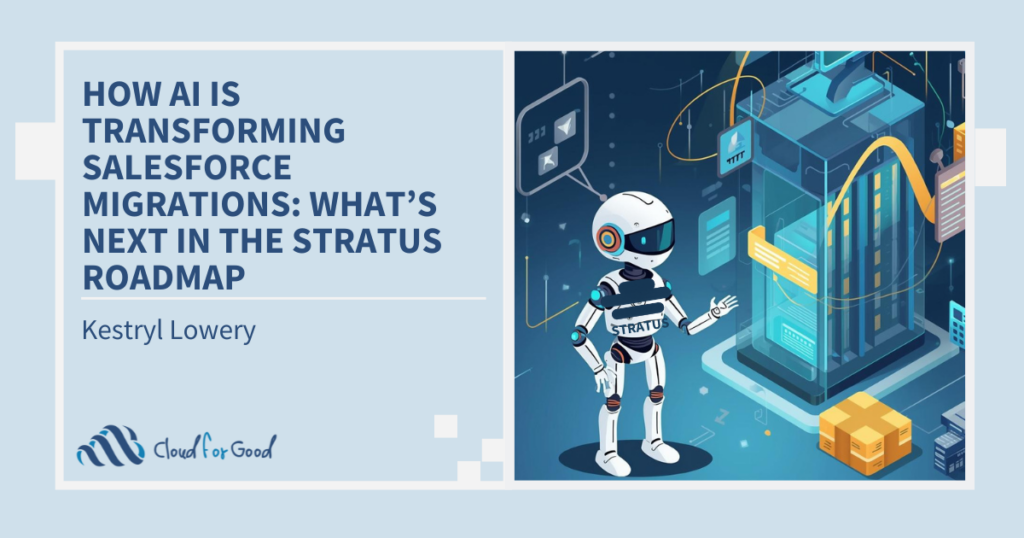If your organization is like most of the millions of non-profits operating today you are concerned about increasing your access and engagements within your constituent base. Inevitably, while developing a strategy to engage your constituents on multiple levels and manage those relationships, you have asked yourself: “Should we start using a CRM tool?” Before discussing best practices, or if your organization should implement a CRM solution, lets first answer the question: What is a CRM solution?
Constituent relationship management (CRM) is software that makes it easier for organizations to maintain relationships with supporters/stakeholders (donors, foundations, volunteers, clients, etc) by doing the following:
- Track the relationships with individual supporters and donors.
- Target and/or customize appeals, invitations to events, etc.
- Targeted appeals based on personal interests.
- Post on-line acknowledgments.
- Record all communications and transactions.
- Strengthen connections.
- Offer insight by aiding you to evaluate your approaches and results.
As a former Program Manager and eventually a System Administrator for an upstart nonprofit, I was directly involved in the decision making process when determining if we should implement a CRM solution. During that time I was able to experience the pitfalls and hurdles that need to be overcome when deciding on implementing a CRM.
In my current role as an Account Executive at Cloud for Good, I get to regularly interact with organizations that are trying to decide if it is the right time to implement a CRM solution. These experiences have added a new perspective for me and allowed me to identify some of the key questions that an organization needs to answer before embarking on a CRM implementation. When evaluating your needs and choosing to implement a CRM solution, I recommend starting by asking the five W’s: Who, What, Where, When and Why.
Who are you trying to manage relationships with? Do you want to track donors, volunteers, members, award recipients, sponsors or all of the above! It is important to determine who your constituents are and your priorities on tracking them. Once you have identified your target constituents, you can build a strategy around your CRM solution.
What kind of information do you want to track? Are you looking to track donations, volunteer hours, advocacy, or involvement? Knowing what kind of information you want to track with your CRM, will help ensure that all of your constituent engagements are identified prior to implementing a solution.
Where do you currently keep all of your information? Do you track information in various spread sheets, custom databases, or all on paper? Determining where all your information is currently located will not only allow you the opportunity to better identify your data structure, you will also have a better idea of where your organization will obtain benefits from combining all of the various data silos.
Why do you want to transition into a CRM solution? This one seems pretty basic but it is actually essential to identify quantitative benefits for implementing a CRM solution. Once you identify why you are making this transition, it will allow you to track success versus an established benchmark and increase adoption from your organization’s users.
When are you looking to start using your new CRM solution? It is important to create target timelines that allow for your organization to tackle your priorities but does not result in organizational interruptions or cutting corners during the design process of your solution. Setting a realistic expectation will result in a better solution which your organization will utilize and leverage for years to come.
By answering the 5 W’s you will be better equipped to decide if it is the right time to implement a CRM Solution and you will have identified many of your key needs for a successful implementation.
Finally, when you are deciding if the right time to implement a CRM solution is now, there is one more question that every organization needs to ask. Will implementing a CRM help you better meet your mission? Ultimately, as an organization, achieving your mission is your top priority and determining if a CRM solution is beneficial can drastically improve your ability to do so.





